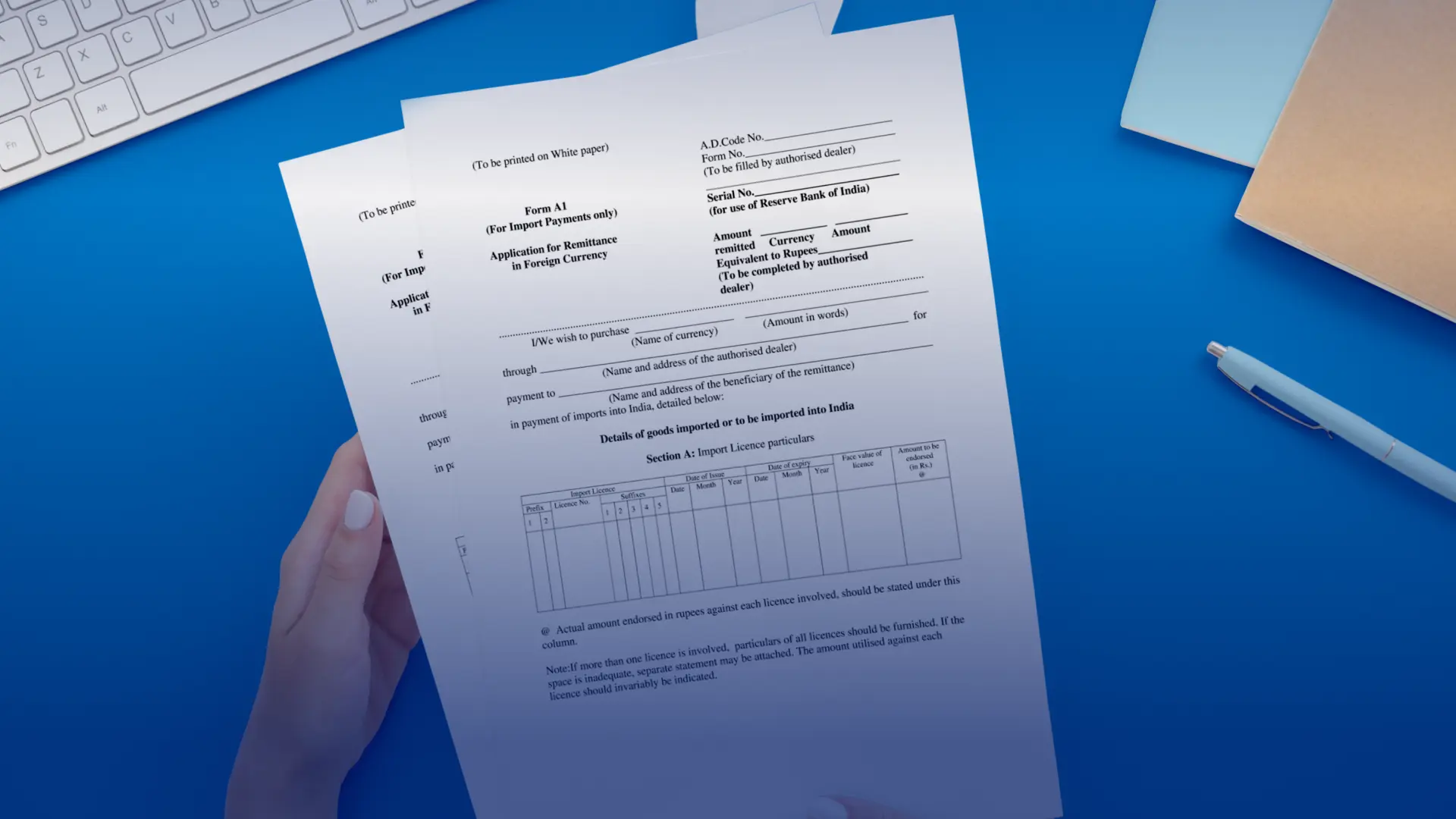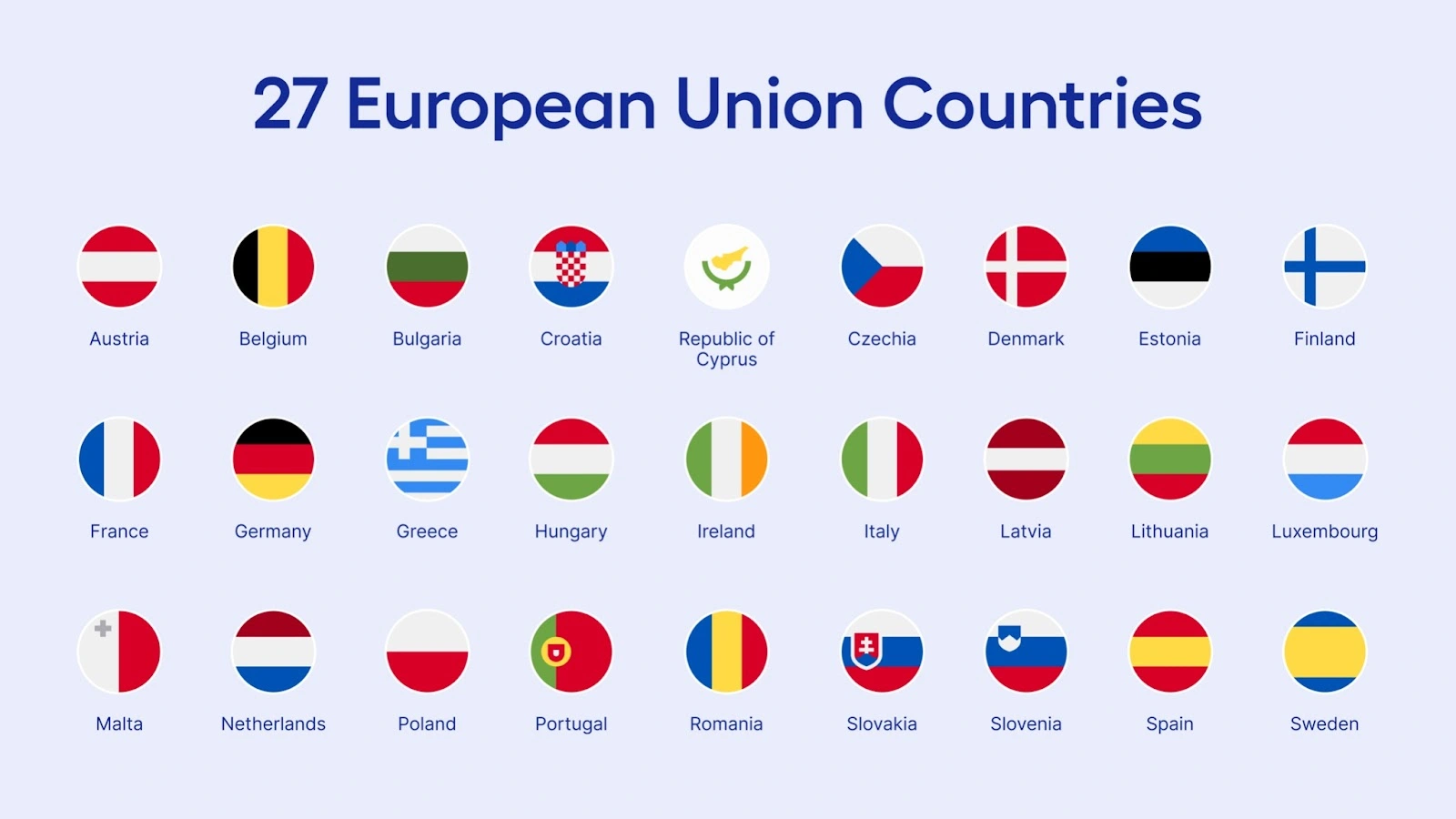Emma worked in a company in Austria and got allotted onsite work in Finland. She was thrilled and was on her heels, planning and packing. As the date approached, a coworker asked if she got her A1 forms ready before the travel, and Emma was clueless!
What exactly is the A1 form, and what does it do with travel?
That was her very next question.
Are you someone like Emma?
Wondering what A1 forms are?
Well, we are here to help you out.
A1 Forms – Know The Basics
In today’s age of globalization, most businesses spread beyond the borders of a specific country, making it international. It is common for entrepreneurs and employees to travel to other countries for these global business deals or expansions.
It is an accepted norm for employees to be covered by the social security of the country where they work, but if they can provide proof of contributing to another country, this can be waived.
It is for this reason that A1 forms are used.
An A1 certificate is a form that indicates the country in which the visitors currently pay their social security and healthcare contributions.
According to EU policy, a person has to pay social contributions in only one country. With A1 forms, travelers do not need to pay these contributions in multiple countries, which is why A1 forms are significant.
Which countries need A1 forms – Have a Look
A1 forms are mandatory for
- The 27 European Union countries, which include:
- The European Economic Area (which contains the above EU countries and the following):
-
- Norway
- Iceland
- Liechtenstein
- The United Kingdom
- Switzerland.
These countries operate as a single market, and it is common for businesses to have connections all over the area, which leads to employees and employers traveling back and forth quite often.
So, A1 forms are vital for business travelers within European countries.
Who all need A1 forms – a quick glance
Many travelers are unsure whether to get A1 forms before their European travel. Well, if you are visiting the country as a tourist, you do not need the A1 forms. These are specially designed for business travelers and include the following:
- Self-employed business travelers
- Employers on a business trip
- Employees on a posting to the EU
- A person who needs employment-related travels to more than one country in Europe
So, think for yourself if you are someone who might need the certificate.
How to obtain A1 forms – take a dive
Any business traveler to the EU can obtain the certificate from their current country.
Usually, the employers get the A1 certificate on behalf of their employees from the present country’s social contribution and health care authorities. It is templated content and issued in that particular country’s official language.
The form can help to prove the traveler is paying taxes and making a social contribution in their country and that the person does not need to pay in the visiting country.
They are usually issued for a time period of 24 months.
Even though issued in different languages, it is not difficult to read the certificate as the format is the same throughout the region.
How to read A1 forms – let’s decode
As we discussed, A1 forms, being templated content, contain information in a uniform way, irrespective of the language in which it is issued. For that reason, anybody can understand the information conveyed through the certificate.
Section 1 – personal data
The beginning part includes the personal information on the traveler, such as:
- Personal ID number
- Full name
- Home address
- Host country stay address
Section 2 – Home country details
The section indicates the country that provided the A1 form, which is the home country and has information regarding how long the form is valid.
Section 3 – Employment details
This part reveals the employment status and position of the form holder. It is presented as options, such as self-employed, employed, contract staff, etc., so selecting the position corresponding to the traveler is easy.
Section 4 – Employer details
The section holds the data on the employer of the traveler. For self-employed business travelers, the part covers the information on the company they own.
Section 5 – Data on Employer in the working country
The part contains information regarding the employer, the company, and the places of work in countries the traveler needs to travel to for work. In cases when the visitor has to work in different countries with different employers, those details are also recorded in this section.
Section 6 – Institution filling the form
As discussed earlier, the A1 forms can be filled by the social security authorities or the health care department of the visitor’s current country. The sixth segment explains the details – name and address of the institution filling out the form and granting the certificate.
If you are planning to travel to the EU, make sure you get a certificate before crossing the border to avail of its advantages in any EU country.
Benefits of A1 forms and their coverage
The highlighting feature or the benefit of A1 forms prevailing in Europe is that it helps travelers avoid paying social contributions twice, which is in their current country and the one they are visiting. It enables business travelers to remain covered under their resident country’s social security coverage and hence, continue availing the benefits.
Ease up foreign taxes with Multiplier
Why take the trouble of handling foreign taxes and forms when you can hand the task to Multiplier?
Being a Saas-based global employment provider, Multiplier can help employers with tax compliance, managing associated forms, smooth onboarding, and staying updated with labor laws of far and wide nations.
Focus on planning and expanding your business while Multiplier resolves your operational issues to deliver smooth and easy compliance.
Have trouble managing foreign taxes and forms? Our country-based resources can help you. Click here to book a demo Now.








